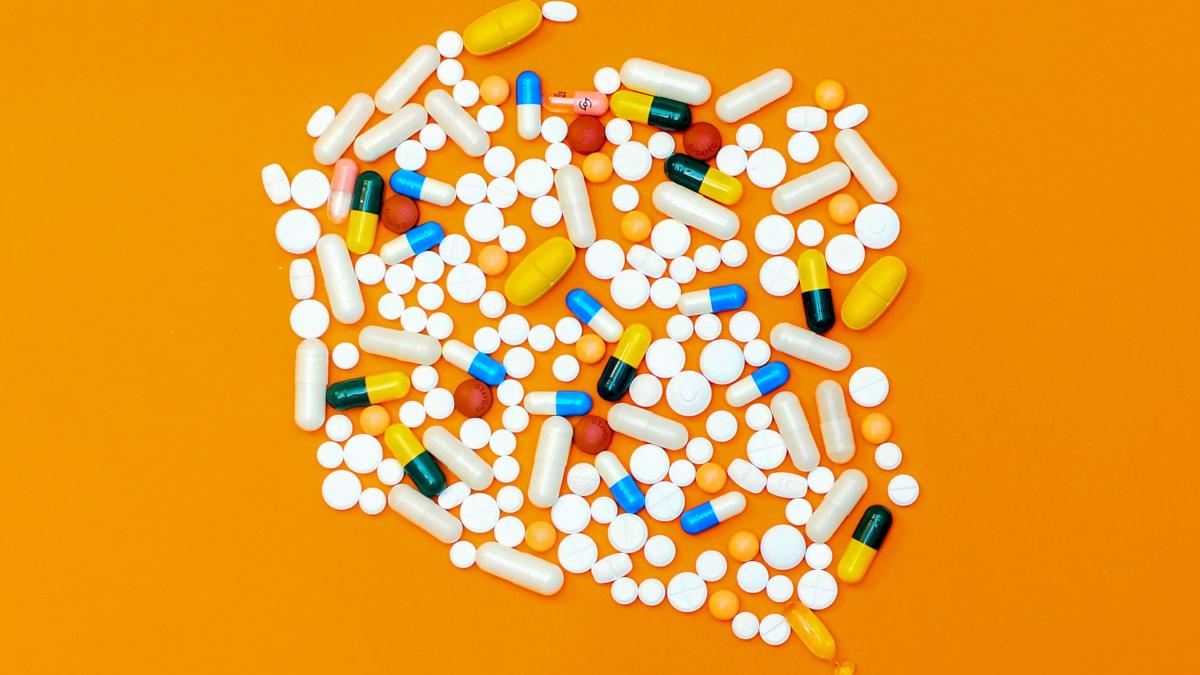Editor’s note: This “Best of Sex with Timaree” first appeared in the Dec. 10, 2020, edition of PW.
Q: Hey hey. I use Viagra and other pills to help my ED. But lately they aren’t helping. I do get an erection, but it doesn’t last. What else can I do? Any suggestions? Please help!
I should work on my flow chart making skills, because boy howdy, there are a lot of potential answers to this. Like A LOT. Ultimately, most result in suggesting you talk to your medical doctor, TBH.
Let me start by stating that you’re far from alone here. Erectile dysfunction is the most common sexual issue that men report to their doctors. Clinically, ED is defined as trouble getting or sustaining an erection for the kind of sex you want to be having.
A rigid dick isn’t necessary for satisfactory sexual experiences, but not being able to engage in the kind of sex you like can be really frustrating and stressful.
First, I’m gonna back the truck all the way up and review how erections work. You probably know that arousal causes blood to flow into the penis. Specifically, it causes a release of nitric oxide, which increases the amount of blood that is flowing into the erectile tissue, while the veins collapse down that normally allow that blood to flow back out, keeping it in the penis.
Figure out where in that process your erection difficulties are happening, and maybe that can point to the cause.
But despite my high school theology teacher’s assertion that “men are like microwaves and women are like ovens,” male sexual arousal is actually complex and involves not just penis veins but also a lot of emotions, hormones, nerves and muscles.
There are many reasons for a disruption to this largely unconscious bodily response. That includes stress, which can create a feedback loop of anxiety about sexual performance that leads to even further difficulties. Given how goddamn “unprecedented” everything is in 2020, it would be understandable that someone might be depressed or anxious, which then influences desire, arousal and sexual response.
Addressing psychological barriers to erection may vary from professional sex therapy and sensate focus techniques to general stress reduction tactics, exercise and talk therapy. Sometimes it’s about reframing expectations for a given encounter and taking off the pressure of goal-oriented sex.
I’ve spoken to a number of men who know that the first sexual encounter they have with a new partner always causes them stress-related sexual response issues. Maybe it’s cumming faster than they want, not being able to cum, or having trouble with erections. These guys may stick to sex acts that won’t them require maintaining an erection for their partner’s pleasure initially, and save the more demanding activities for when they’re more comfortable.
Physical reasons for erection difficulties are even more common. Heart disease, smoking, high cholesterol, and alcohol consumption are big ones. Medical conditions can be the culprit: Diabetes, Parkinson’s, multiple sclerosis, sleep disorders, obesity, and treatment for prostate issues. Many medications can affect erections too: Diuretics, chemotherapy, muscle relaxers, drugs for high blood pressure, antihistamines and notoriously: Some anti-depressants. I’ve talked to guys who went on cross-country bike rides and temporarily found themselves unable to get hard. The list goes on.
Since there are so many potential explanations, the solutions will be as varied. Doctors make the general recommendation that anything that’s good for your health is good for your erection. It’s vital to manage chronic illnesses like diabetes and heart disease, stop smoking and limit drug and alcohol consumption, get regular exercise, eat healthier, and take steps to manage stress and other mental health issues.
Because erection issues can be a symptom of some other, underlying medical issue, I can’t recommend enough that you connect with your doctor and make sure there’s not something more serious at play.
At minimum, they might need to change up your medications.
Beyond trying a different pill, there are other options: Testosterone therapy, penile injections (some administered by doctors, some can be done by yourself), intraurethral or intracavernosal medications, and vacuum erection devices. In clinical trials, even shockwave therapy and injections of plasma and stem cells have shown results.
If all of the above fails, there are surgical options too. One implant is a bendable rod, often made of silicone, that can be angled up or down and provides consistent firmness. Another implant is inflatable – two cylinders inside the penis can be pumped up to create an erection where the stiffness can be controlled. Like all operations, there is a degree of risk and need for recovery time. On the upside, surgical implants allow for more spontaneous sex than some other options, since you don’t need to wait for a medication to work.
Imagine if science put that much thought into most medical issues. The mind reels.
Anyway, you have options. In the meantime, while you’re figuring out a long-term solution, you can use this time to approach sex from a new angle.
Instead of looking at it like a sport where you need specific equipment and success is defined narrowly, consider treating sex like a playground. Explore your partner’s body like it’s the first time you’ve seen it. Sex can be a creative, sensory adventure where the aim is simply to connect and have fun.
Sexual dysfunction is often defined by things not going the way you want or expect them to, but if you can break away from those expectations you just might find out that sex can be a whole lot more interesting.
Have a question for Dr. Timaree? Send an email to asktimaree@philadelphiaweekly.com.





